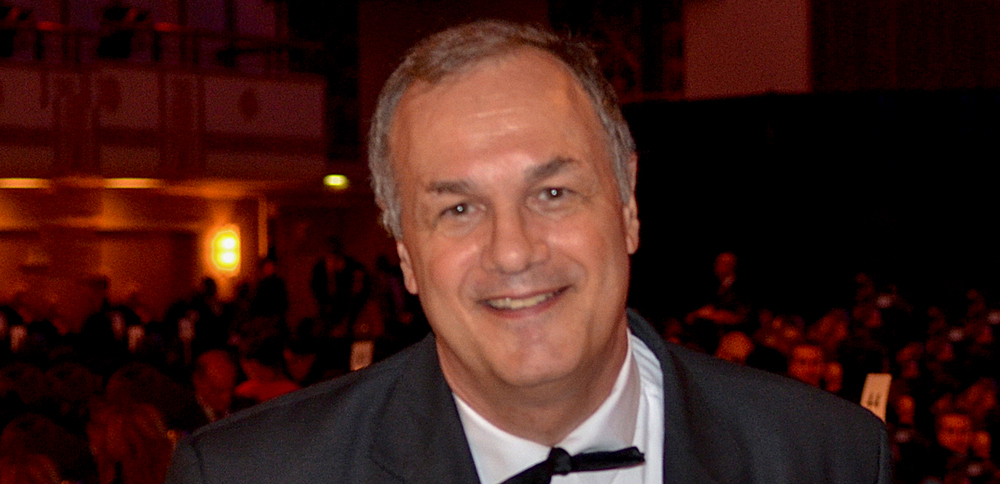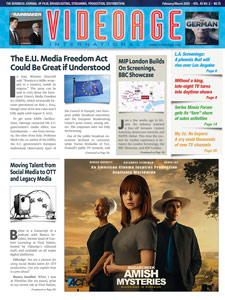By Georges Leclere*
In my life, I have participated in many different awards ceremonies. Some I had to attend. Some I produced. Some I moderated. And at some, I presented.
From the International Emmy Awards when I was executive director of the International TV Academy to numerous festivals I was involved in, including Banff in Canada, the Seoul Drama Awards in South Korea, the Sichuan TV Festival in China and more, one thing held true for all of them — all were locally canned and broadcast.
There was one exception, the South-South News Awards, organized by the U.N.-affiliated South-South News Organization, which was held at the Waldorf Astoria in New York City. I produced and directed the ceremony in September 2012. It had both a live worldwide audience and celebrities at tables at the ceremony.
Imagine a grand ballroom full of recipients, all of them heads of state or prime ministers, live by satellite on four continents and lasting four hours? We had the celebrities, the music stars, the champagne on ice, the speeches, the political frictions, the sponsors, the advertisers, the presenters and… me, who spent the entirety of it trying to rebuild the running schedule of the show because a head of state recipient stood up before his turn and announced, “If I do not get my award right now, I’ll leave!” Can you imagine this at the Oscars? I lost five kilos that night while sending live changes to the control room, the orchestra, the presenters, and the satellite coordinator!
My bet is that we will never see such pomp and circumstance again at any television awards ceremony due to the new stringencies of social distancing.
With the intrinsic nature of television rapidly changing and viewers watching streaming more than broadcasting, should we predict a Netflix or Amazon Awards ceremony soon? Or should the YouTube influencers become the new presenters? Will they receive wider audiences than any Emmy or Oscars ceremony has recently?
My advice is to follow the current late show hosts, who are slowly but surely moving from full studios with semi-large audiences to a reduced but still technically savvy skeleton crew in a basement or an attic. These situations are giving us a better understanding of the transformation the industry is experiencing with this pandemic.
These shows show us that there may be television light at the end of the confined awards tunnel.
*Georges Leclere is a former media director of the United Nations, executive director of the International Emmy Awards and now vp of the New York chapter of the National Academy of Television Arts & Sciences, which runs the Daytime Emmy Awards.












Leave A Comment